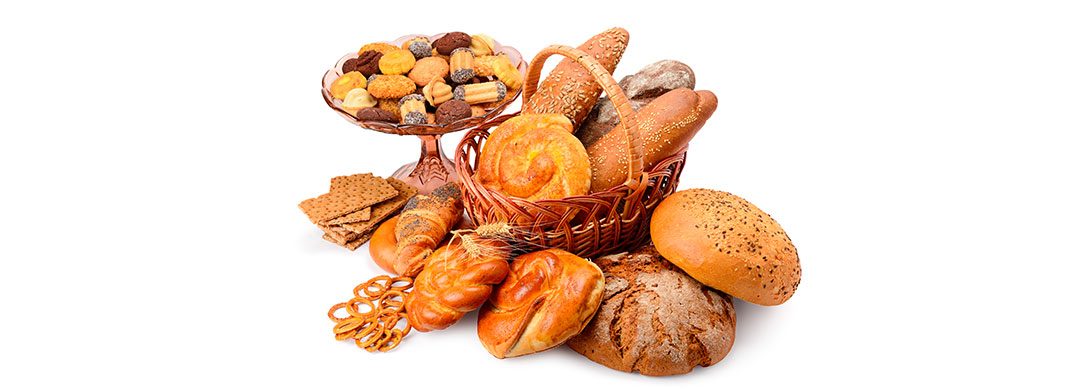A virtual event, promoted by Abimapi, highlights the importance of Brazilian companies to search alternative markets
By Sérgio Siscaro
The opportunities offered by the Canadian market for food related to the industry of cookies, pasta and bread were presented by Chamber of Commerce Brazil-Canada (CCBC) at the end of January, in a webinar promoted by Associação Brasileira das Indústrias de Biscoitos, Massas Alimentícias e Pães & Bolos Industrializados (Abimapi) (Brazilian Association of Industries of Biscuits, Pasta and Industrialized Bread & Cakes). Conducted by the entity’s international director, Rodrigo Iglesias, the meeting also addressed the opportunities open to the segment throughout the African continent.
At the event, CCBC’s Institutional Relations Director, Paulo de Castro Reis, pointed out that Canada is generally not on the radar of Brazilian exporters. “Companies are eventually accommodating themselves with the same countries of destination, and they lose great opportunities in markets with which we are not familiar”, he commented.
Canada has a number of characteristics that favor the introduction of differentiated food products – such as the high purchasing power of the population, its high willingness to seek new experiences, and its attention to factors such as the form of production and the origin of the product. “The high level of awareness of consumers leads to the need for Brazilian exporters to work in a narrative that highlights the positive points of the product, from a social or environmental point of view”, he added.
He also mentioned the case of açaí and cheese bread – which had been available, for some time, on supermarket shelves containing products destined for the Brazilian community living in Canada, but which today are already commercialized on a wider scale. “The products became popular among Canadians”, he said.
Brazilian low presence level.
Canada’s foreign trade statistics show that the country is one of the largest importers of cookies, pasta, and breads, always occupying a position among the top ten global buyers in the various product segments of the industry. However, Brazil still does not have a presence on the list of its main suppliers. In 2019, Canada imported US$ (FOB) 1.234 billion in breads, cakes and cookies, and Brazil was responsible for only US$ (FOB) 113.2 thousand of these imports, occupying the 53rd position in the supplier ranking. The same occurred in other segments, such as cereal products (44th place), egg-less pasta (38th), and mixtures to prepare cakes and cookies (19th), among others.
In the opinion of CCBC’s director, the Canadian market still presents favorable trends – such as the increase in consumption of these products observed in 2020, due to social isolation caused by the Covid-19 pandemic. Besides, he reinforced that there is enough space for new suppliers to join the Canadian market.
Trading Platform
In addition to accessing a consumer market so far virtually unexplored, producers of cookies, pasta, and bread, have another advantage when exporting to Canada: the constitution of a base for re-exporting products to Europe, Asia and United States, due to trade agreements linking the Canadian market to other regions of the globe. “Operating and tax costs in Canada are lower, and it becomes easier to export to the US from Canada”, he stated.
Castro Reis also spoke on the activities of CCBC in stimulating Brazilian sales to the Canadian market, through efforts such as sending samples for tasting by potential importers or promoting events that open the possibility of businesses and partnerships between Brazilians and Canadians. “Each country has a particular business culture, and Canada is no different. Hence the need to be careful in the first contact with possible business partners”, he said, adding that in April CCBC will promote a virtual business round between the two countries, focusing on the food and beverage industry. “It’s time to search for new markets, adapt products, and contact potential buyers. There is plenty of room to grow”, he concluded.
Africa Opportunities
The Abimapi event also had the participation of the president of Câmara de Comércio Afro-Brasileira (Afro-Brazilian Chamber of Commerce) (AfroChamber), Rui Mucaje, who exposed the opportunities opened by the African market. He pointed out the existence of several regional trade agreements between countries on the continent, especially the new Área de Livre Comércio da África Continental (Free Trade Area of Continental Africa) (AfCFTA), which has the potential to become the largest bloc of its kind in the world. “Unlike Canada, the countries of the continent need more basic food products – and show great interest in doing business with Brazil, with sympathy”, said Mucaje.





